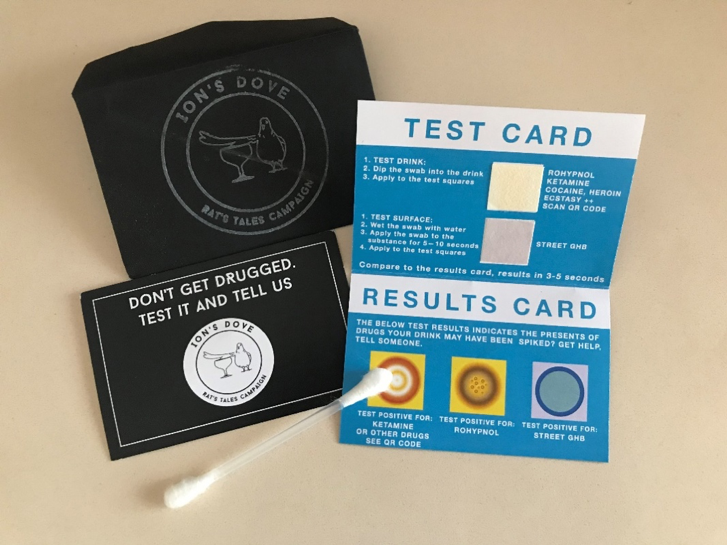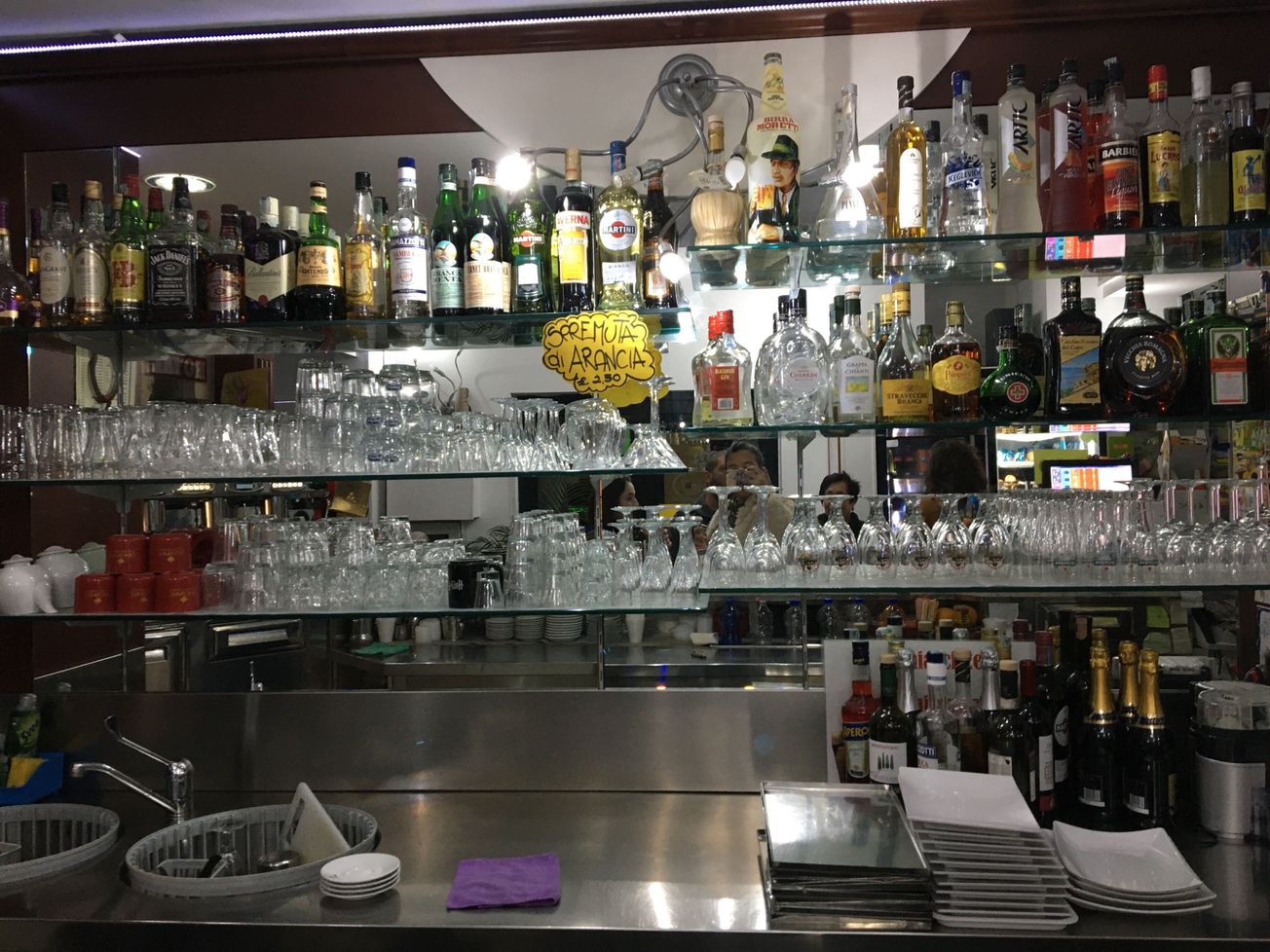By Elaura Lacey, Second Year, History
An investigation into drink spiking among students and ways in which we can protect ourselves and each other on nights out.
Drink spiking is a dangerous and worrying act of violence that affects many students across the country each year. Defined as secretly placing drugs into someone’s drink with the intent to incapacitate them, it is a serious crime and it carries a ten-year prison sentence.
Current statistics gathered in the regions of Bath, Northeast Somerset and Devon suggest that there is a low risk to students being spiked on a night out. However, this isn’t to say that it doesn’t happen at all as many cases go underreported.

To give some insight into the real danger of drink spiking and the necessity for more protective measures, a first year at the University of Bristol recalled the night she believed she was spiked.
She explained how at a halls party in Stoke Bishop just after fresher’s week, she started to feel very intoxicated and anxious after only one drink.
‘It hit me that something wasn’t right’ she said, adding that she was particularly concerned because she was on anti-epilepsy medication and mixing it with excessive amounts of alcohol or recreational drugs is potentially very dangerous.
‘It escalated very quickly. I was experiencing the third dimension and everything was echoing in my head. I was scared I was going to have a seizure.’
By around 3 am that morning, she recalled how her friends had helped her get back to her room and considered phoning 999 but decided not to after she had stopped being sick.
She explained that at 5 am the next morning, she woke up still feeling intoxicated and by 11 am was feeling incredibly low and recalls having bouts of excessive crying for no reason.
'I was trying to walk home, my legs weren't working'
— BBC Radio 5 Live (@bbc5live) November 27, 2019
Lily says her drink was spiked on just her second night at university.
An investigation by BBC Radio 5 Live has revealed the number of reports of drink spiking is increasing.https://t.co/DfJmgUDQSW.
She expressed how she didn’t feel targeted but felt like the victim of a ‘sick prank.’ Adding, ‘Someone assaulted me, it wasn’t sexual assault, but it was still assault.’
Reflecting on a traumatic night, she said, ‘It genuinely could have killed me.’
‘…I feel more unsafe than before. I had a naïve perception of people, especially when trying to make friends.’
The severity of the account is alarming but also highlights the necessity for procedures to be put in place to help victims know if they have been spiked and what to do in that event.
‘It escalated very quickly. I was experiencing the third dimension and everything was echoing in my head. I was scared I was going to have a seizure.’
Annonymous, UoB first-year student
David Moore, Director of Protocol from Devon and Cornwall Police described the three-month drink spiking procedure that was put into action last year in Plymouth. It involved the supplying of drink screening kits to licensed venues, so that if a person in a club or bar believed that they had been spiked, then they could go to the bar and take the test.
If it came back positive, further action could be taken and an investigation would be initiated. If it came back negative, then it would hopefully bring great relief to the suspected victim and prevent the spread of false claims of being spiked.
‘[The procedure] gives us much clearer figures and allows us to start the investigation earlier’. Mr Moore said.
We’re running a new pilot to tackle drink spiking with @BestBar_None and local bars in #Plymouth 🥂
— DevonCornwall Police (@DC_Police) March 21, 2019
Visit our website for more info: https://t.co/fAF2SneH8r #SpikeAware pic.twitter.com/n334RQY0xF
The positive screening cards are used in forensics and are considered concrete evidence in an investigation. This, paired with CCTV and witness accounts, can lead to a prosecution.
Mr Moore stated that in addition to the testing kits, poster campaigns are being used as an important preventative measure. He explained how displaying posters in clubs and bars act as visual deterrents to perpetrators and also demonstrate heightened security. They are designed to make people feel safe when out and have proven to be very effective.
Mr Moore recognised that private functions, such as hall parties could come with an increased risk of drink spiking as people have a ‘false sense of security,’ and are therefore more vulnerable as they have their guard down.
To combat this, he recommended that every student carries one of the drug screening kits with them, like you would condoms for protection. Having the cards and letting others know you carry them works as a similar deterrent to the poster campaigns in the Plymouth procedure, providing added security.
At Bath Spa University early last year, the Student Union included drink testing kits in their welcome packs for students to further ensure their safety when going out. The kits were produced by the local publishing house Rat Tales as part of their Anti-Drink Spiking campaign that aims to collect data and offer ways to protect people from being targeted.

The cards test for a range of common drugs used for spiking including Ketamine, LSD and GBH and can be purchased for personal use on their website.
In response to the questions raised about student safety and drink spiking, a representative from the University of Bristol added that students should be encouraged to ‘be aware of drink spiking and the dangers of leaving drinks unattended’, before pointing towards information talks and leaflets available to students when first coming to Bristol.
‘The dangers of drink spiking and the importance of students looking after their own drinks is covered, alongside other safety and wellbeing topics, in our Welcome Week talks given by each Residential Life village team and in our ‘Love Where you Live leaflet,’ said the spokesperson.
Some of this advice maybe isn’t new but it is still very relevant and important to remember if we want to protect ourselves and others during vulnerable moments.
Featured Image: Leah Martindale / Epigram
Do you think the preventative measures discussed are effective? Let us know!








